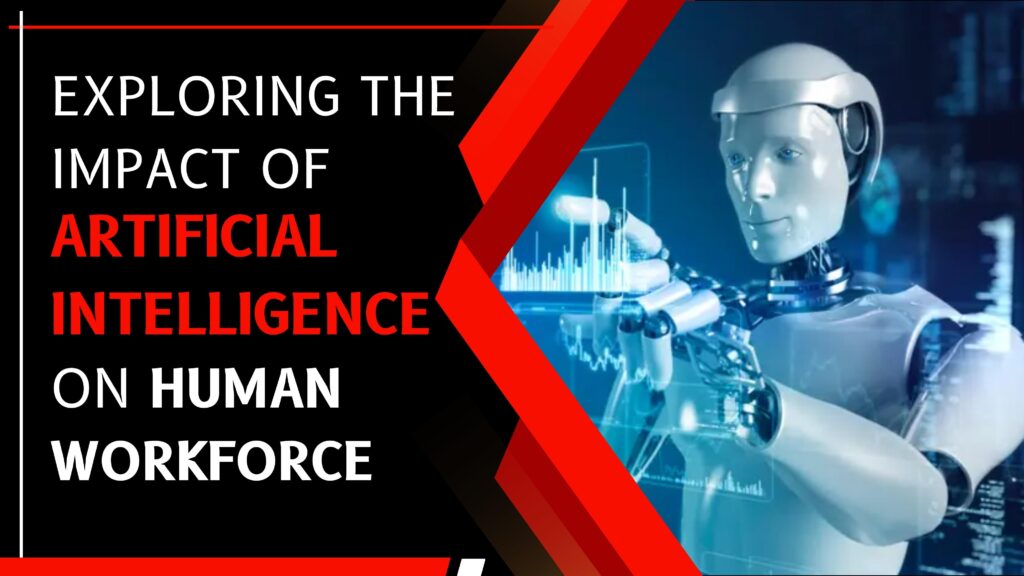Artificial Intelligence (AI) has always been a fascinating field, pushing boundaries and challenging traditional notions of work and productivity. As AI continues to advance rapidly, discussions often revolve around the impact of Artificial Intelligence, whether it will replace humans in the workforce entirely. Let’s dive into impact of Artificial Intelligence (AI), examining both its potential and limitations.
The Rise of AI:
AI has made significant strides in recent years, enabling automation, data analysis, and complex problem-solving at an unprecedented scale. This has led many to wonder if AI will eventually render human workers obsolete. While AI has indeed proven adept at taking over repetitive tasks, we must remember that it is designed to supplement human capabilities, not supplant them.
Automation vs. Augmentation:
Domains Where AI Shines:
The Human Edge:
Collaboration, Not Competition:
Impact of Artificial Intelligence on the Future:
As AI continues to transform industries, it is crucial to anticipate and prepare for the changes it brings. Developing new skill sets, such as digital literacy and AI fluency, will prove invaluable. Ongoing education and training will help individuals stay ahead of the curve, ensuring they remain competitive in the evolving job market.
Artificial intelligence has certainly revolutionized various sectors and the ways we work. While its automation capabilities advancing, displacing certain job roles, the inherent human qualities of creativity and empathy ensure that humans remain an indispensable part of the workforce. Embracing the opportunities that AI brings and fostering collaboration between humans and machines will inspire breakthrough innovations and drive us toward a future of smarter work, not joblessness.







